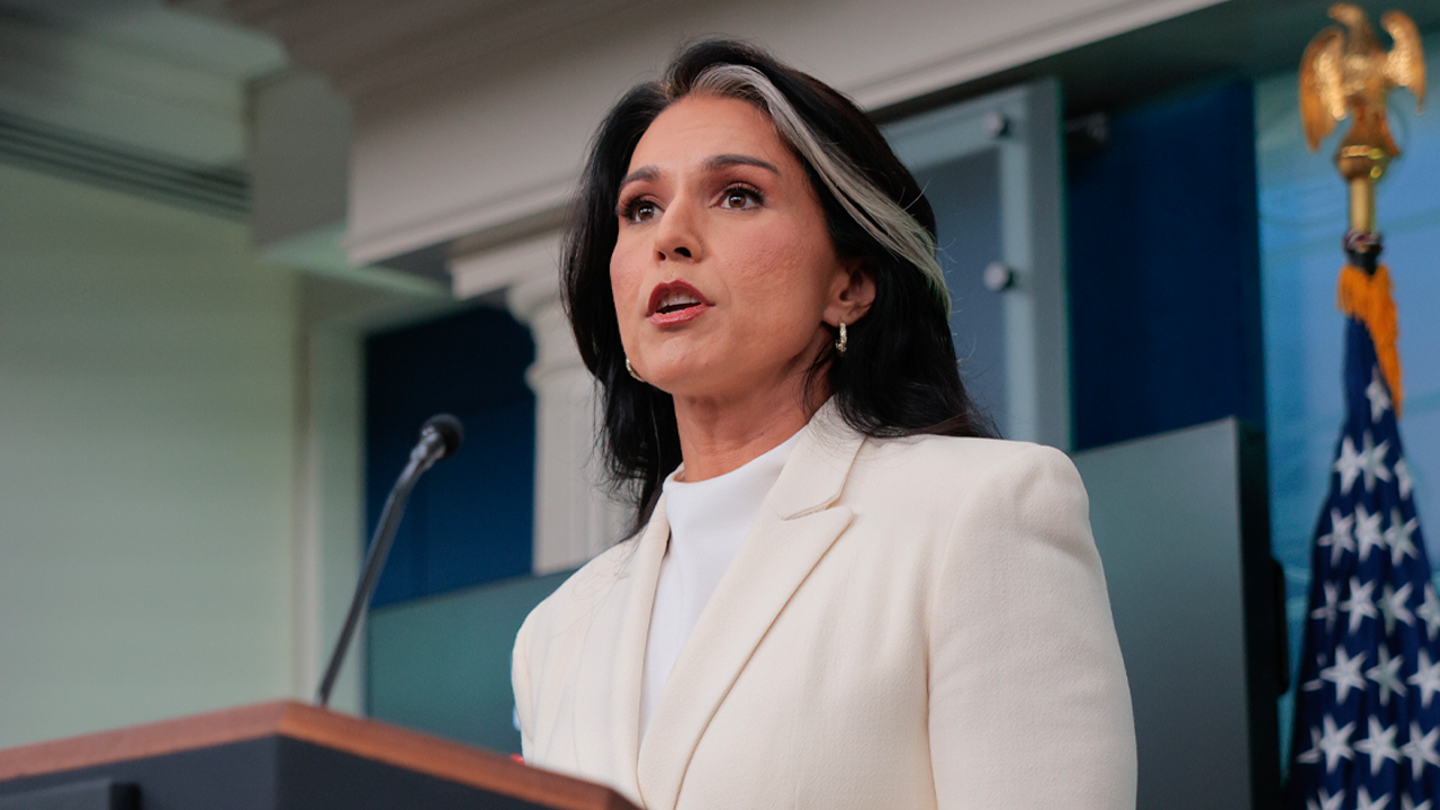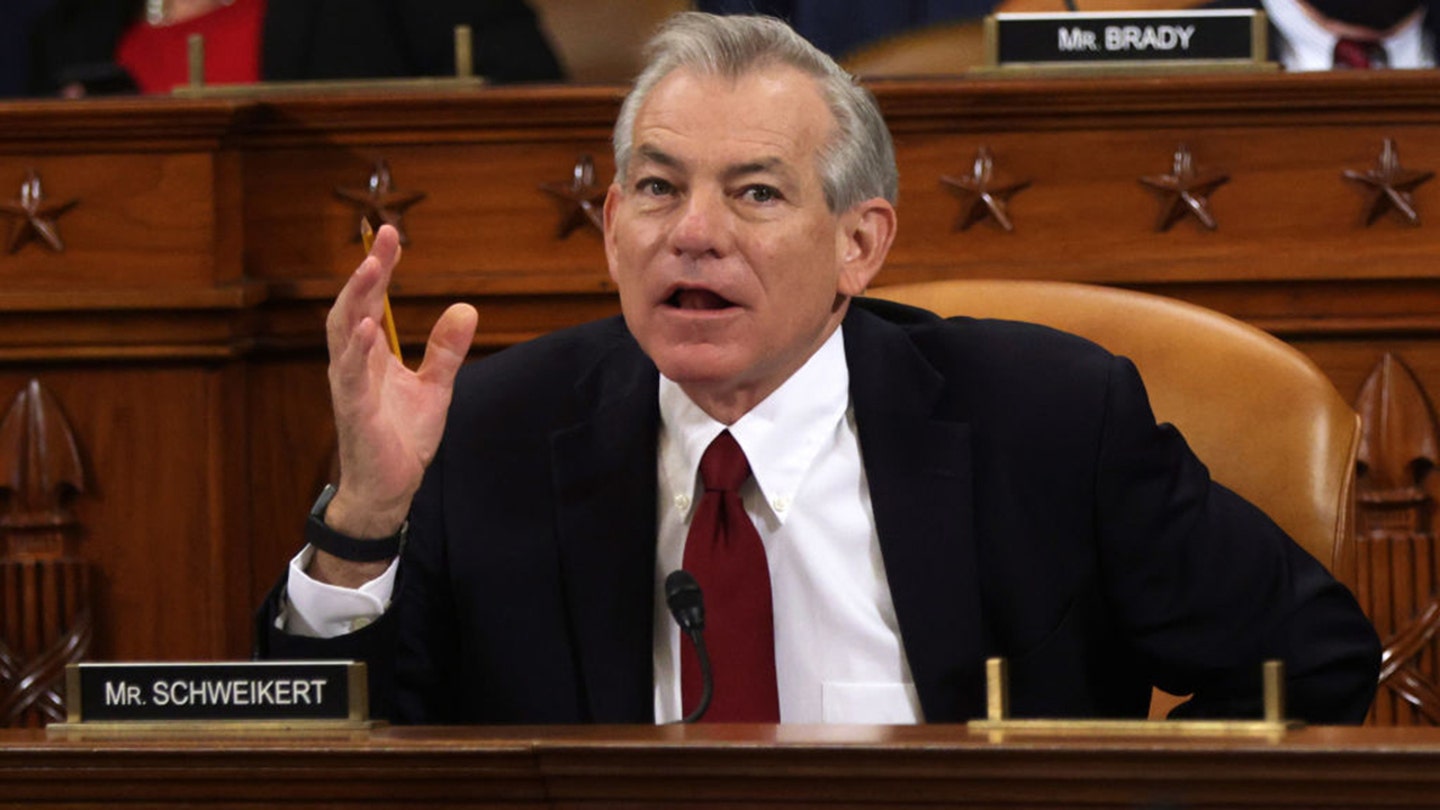
Trump’s push for Putin-Zelenskyy talks hinges on Kremlin's conditions
Entities mentioned:
- Donald Trump: Influence, Legacy, Power
- Vladimir Putin: Power, Control, Pride
- Volodymyr Zelenskyy: Self-preservation, Duty, Unity
- Ivana Stradner: Professional pride, Wariness, Duty
- Kurt Volker: Professional pride, Duty, Wariness
- Karoline Leavitt: Duty, Loyalty, Obligation
- Maria Snegovaya: Professional pride, Curiosity, Wariness
Article Assessment:
Credibility Score: 75/100
Bias Rating: 55/100 (Center)
Sentiment Score: 35/100
Authoritarianism Risk: 45/100 (Mixed/Neutral)
Bias Analysis:
The article presents multiple perspectives, including both US and Russian viewpoints, as well as expert opinions. While it leans slightly towards a Western perspective, it attempts to provide a balanced view of the diplomatic situation.
Key metric: International Diplomatic Influence
As a social scientist, I analyze that this article highlights the complex dynamics of international diplomacy surrounding the Russia-Ukraine conflict. Trump's initiative to arrange talks between Putin and Zelenskyy demonstrates the US's attempt to reassert its global diplomatic influence. However, the reluctance from the Russian side and the skepticism expressed by experts suggest significant challenges in achieving a diplomatic breakthrough. The article underscores the importance of power dynamics, with Putin's motivations centered on projecting Russian strength and equality with the US. The experts' analysis points to a potential stalemate, with Putin unlikely to compromise without significant concessions. This situation impacts the US's diplomatic influence by showcasing both its ability to initiate high-level talks and the limitations of its leverage over Russia. The article also highlights the broader implications for NATO and European security, suggesting that the outcome of this diplomatic effort could have far-reaching consequences for US global leadership and alliance structures.

Trump didn’t cause Russia-Ukraine war, Stephen A. Smith says, blaming Biden, Obama and Clinton in fiery rant
Entities mentioned:
- Stephen A. Smith: Indignation, Justice, Duty
- Donald Trump: Self-preservation, Influence, Power
- Joe Biden: Obligation, Security, Legacy
- Barack Obama: Caution, Security, Legacy
- Bill Clinton: Influence, Security, Legacy
- Russia: Power, Control, Influence
- Ukraine: Self-preservation, Freedom, Security
Article Assessment:
Credibility Score: 65/100
Bias Rating: 55/100 (Center)
Sentiment Score: 30/100
Authoritarianism Risk: 35/100 (Generally Democratic)
Bias Analysis:
The article presents multiple viewpoints, including criticism of both Republican and Democratic administrations. However, it relies heavily on Stephen A. Smith's opinions without substantial counterarguments, potentially skewing the perspective.
Key metric: U.S. Foreign Policy Effectiveness
As a social scientist, I analyze that this article presents a complex view of U.S. foreign policy spanning multiple administrations and its impact on the Russia-Ukraine conflict. Smith's argument shifts blame from Trump to previous Democratic administrations, suggesting a long-term policy failure rather than a single administration's fault. This perspective challenges the common narrative and highlights the complexity of international relations and the long-term consequences of policy decisions. The article touches on critical events like the Crimea annexation and Ukraine's nuclear disarmament, which have significantly shaped the current geopolitical landscape. It also raises questions about the U.S.'s commitment to its international promises and the financial burden of these commitments on American taxpayers. This debate could influence public opinion on U.S. foreign policy effectiveness and potentially impact future policy decisions regarding international commitments and interventions.

Gabbard removes clearances from 37 officials at Trump's direction over politicizing intelligence
Entities mentioned:
- Tulsi Gabbard: Duty, Justice, Loyalty
- Donald Trump: Power, Control, Revenge
- James Clapper: Influence, Self-preservation, Loyalty
- Intelligence Community: Professional pride, Security, Duty
Article Assessment:
Credibility Score: 65/100
Bias Rating: 70/100 (Lean Right)
Sentiment Score: 30/100
Authoritarianism Risk: 75/100 (Authoritarian Tendencies)
Bias Analysis:
The article leans right due to its uncritical presentation of the administration's actions and rationale. It heavily relies on Gabbard's statements without presenting opposing viewpoints or context from affected officials.
Key metric: Government Accountability and Transparency
As a social scientist, I analyze that this action represents a significant shift in the relationship between the executive branch and the intelligence community. The revocation of security clearances for 37 current and former officials, at the direction of President Trump, indicates an attempt to assert control over the intelligence apparatus and potentially silence dissenting voices. This move could have far-reaching implications for government accountability and the independence of intelligence agencies. The justification of politicization of intelligence raises questions about the separation of intelligence work from political influence, which is crucial for maintaining the integrity and effectiveness of national security operations. This action may deter future officials from providing candid assessments that contradict political narratives, potentially compromising the quality and objectivity of intelligence analysis.

Top House Republican could shake up major border state gubernatorial race
Entities mentioned:
- David Schweikert: Ambition, Power, Influence
- Andy Biggs: Ambition, Power, Competitive spirit
- Karrin Taylor Robson: Ambition, Power, Determination
- Katie Hobbs: Power, Influence, Self-preservation
- Donald Trump: Influence, Legacy, Power
- Democratic Governors Association: Power, Influence, Competitive spirit
Article Assessment:
Credibility Score: 70/100
Bias Rating: 55/100 (Center)
Sentiment Score: 45/100
Authoritarianism Risk: 35/100 (Generally Democratic)
Bias Analysis:
The article presents multiple perspectives, including statements from various political actors. However, it gives slightly more space to Republican viewpoints and candidates, balancing this with a critical statement from the Democratic side.
Key metric: Political Polarization Index
As a social scientist, I analyze that this article highlights the intensifying political competition in Arizona, particularly for the gubernatorial race. The potential entry of Rep. David Schweikert into an already crowded Republican primary field suggests increasing polarization and intra-party competition. The involvement of former President Trump through endorsements further emphasizes the national significance of this state-level race. The contrasting statements from the Republican candidates and the Democratic Governors Association underscore the stark ideological differences between parties, likely contributing to greater political polarization. This competitive and potentially divisive primary could impact the general election dynamics, potentially affecting governance and policy implementation in Arizona, a key swing state.

California Republicans sue to stop Newsom, Democrats from pushing redistricting plan
Entities mentioned:
- California Republicans: Justice, Self-preservation, Duty
- Gov. Gavin Newsom: Power, Ambition, Control
- California Democrats: Power, Control, Influence
- Tri Ta: Justice, Duty, Righteousness
- Kate Sanchez: Justice, Duty, Righteousness
- Texas Republicans: Power, Control, Self-preservation
- Greg Abbott: Power, Control, Influence
- Donald Trump: Power, Influence, Control
- Arnold Schwarzenegger: Justice, Duty, Righteousness
- Kevin McCarthy: Power, Influence, Self-preservation
Article Assessment:
Credibility Score: 75/100
Bias Rating: 55/100 (Center)
Sentiment Score: 35/100
Authoritarianism Risk: 65/100 (Authoritarian Tendencies)
Bias Analysis:
The article presents views from both Republican and Democratic sides, though it gives slightly more space to Republican arguments. It includes quotes from multiple sources and provides context for the redistricting issue in both states.
Key metric: Electoral Integrity Index
As a social scientist, I analyze that this article highlights a significant battle over redistricting in California and Texas, which could have major implications for the balance of power in the U.S. House of Representatives. The push by California Democrats to temporarily replace the state's nonpartisan redistricting commission with a legislature-controlled process is likely to decrease electoral integrity and increase partisan gerrymandering. This move, along with the similar efforts by Texas Republicans, demonstrates how both major parties are willing to manipulate electoral systems for political gain. The legal challenges and public opposition, particularly from figures like Arnold Schwarzenegger, indicate a strong pushback against these efforts to centralize redistricting power. This conflict underscores the tension between partisan interests and democratic principles in the American political system, potentially eroding public trust in electoral processes and institutions.

Schiff launches legal defense fund in response to claims Trump is 'weaponizing' justice system
Entities mentioned:
- Adam Schiff: Self-preservation, Justice, Professional pride
- Donald Trump: Revenge, Power, Influence
- White House: Control, Influence, Power
- FBI: Duty, Justice, Security
- Joe Biden: Power, Control, Legacy
Article Assessment:
Credibility Score: 65/100
Bias Rating: 65/100 (Lean Right)
Sentiment Score: 30/100
Authoritarianism Risk: 45/100 (Mixed/Neutral)
Bias Analysis:
The article leans right, evidenced by its heavy reliance on Trump and White House statements criticizing Schiff. While it includes Schiff's perspective, the framing and choice of details emphasize allegations against him.
Key metric: Political Polarization Index
As a social scientist, I analyze that this article highlights the ongoing political polarization in the United States. The establishment of Schiff's legal defense fund in response to alleged 'weaponization' of the justice system by Trump and his allies indicates a deepening divide between political factions. This situation likely contributes to increased distrust in governmental institutions and the justice system, potentially eroding public confidence in democratic processes. The article's focus on accusations and counter-accusations between high-profile political figures may further entrench partisan attitudes among the public, making bipartisan cooperation more challenging and potentially impacting governance effectiveness.

Justice Barrett teases new memoir in abrupt conference exit
Entities mentioned:
- Amy Coney Barrett: Professional pride, Duty, Unity
- Supreme Court: Justice, Duty, Influence
- Seventh Circuit: Professional pride, Duty, Unity
- Antonin Scalia: Legacy, Influence, Justice
- Donald Trump: Power, Control, Ambition
Article Assessment:
Credibility Score: 75/100
Bias Rating: 55/100 (Center)
Sentiment Score: 60/100
Authoritarianism Risk: 30/100 (Generally Democratic)
Bias Analysis:
The article presents a balanced view of Barrett, including both conservative and liberal perspectives on her tenure. While it leans slightly right by focusing on a conservative justice, it maintains a generally neutral tone and includes criticisms from both sides.
Key metric: Judicial Independence
As a social scientist, I analyze that this article primarily impacts the metric of Judicial Independence. Barrett's emphasis on maintaining professionalism and respect among judges, despite ideological differences, suggests a commitment to preserving the integrity and independence of the judiciary. Her brief appearance and limited remarks, coupled with the anticipation of her memoir, indicate a cautious approach to public engagement that may be aimed at protecting the court's perceived neutrality. The article's mention of the Supreme Court's rulings on Trump administration policies highlights the ongoing challenge of maintaining judicial independence in a politically charged environment. Barrett's emerging role as a less predictable justice further underscores the complexity of judicial independence in practice.

Ex-Paramount chief hoped Trump lawsuit would force CBS to be more balanced on Israel
Entities mentioned:
- Shari Redstone: Influence, Justice, Professional pride
- Donald Trump: Power, Justice, Revenge
- CBS News: Professional pride, Influence, Recognition
- Paramount: Self-preservation, Influence, Professional pride
- Tony Dokoupil: Professional pride, Justice, Duty
- Bill Owens: Professional pride, Righteousness, Self-respect
- Scott Pelley: Professional pride, Loyalty, Concern
Article Assessment:
Credibility Score: 70/100
Bias Rating: 65/100 (Lean Right)
Sentiment Score: 35/100
Authoritarianism Risk: 45/100 (Mixed/Neutral)
Bias Analysis:
The article leans slightly right, focusing on criticisms of CBS's perceived anti-Israel bias and highlighting conservative viewpoints. While it presents some balancing information, the overall framing favors the perspective of those critical of CBS's coverage.
Key metric: Media Trust and Credibility
As a social scientist, I analyze that this article highlights the complex interplay between media ownership, editorial decisions, and political influence in shaping news coverage. The controversy surrounding CBS's coverage of the Israel-Hamas conflict reveals tensions between journalistic integrity, corporate interests, and personal biases. Redstone's apparent hope that Trump's lawsuit could influence CBS's editorial stance raises concerns about the independence of news media and the potential for powerful individuals to shape public narratives. This situation underscores the challenges in maintaining balanced reporting on sensitive geopolitical issues and the internal conflicts that can arise within media organizations when trying to navigate these complexities.

White House launches official TikTok account with Trump featured prominently in debut video
Entities mentioned:
- White House: Influence, Recognition, Ambition
- Donald Trump: Power, Influence, Recognition
- Karoline Leavitt: Duty, Loyalty, Professional pride
- Kai Trump: Recognition, Influence, Enthusiasm
- ByteDance: Self-preservation, Security, Control
- Congress: Security, Control, Duty
Article Assessment:
Credibility Score: 70/100
Bias Rating: 65/100 (Lean Right)
Sentiment Score: 65/100
Authoritarianism Risk: 35/100 (Generally Democratic)
Bias Analysis:
The article leans slightly right, focusing predominantly on Trump and his administration's perspective. While it mentions the previous ban attempt, it doesn't deeply explore opposing viewpoints or potential controversies surrounding the White House's use of TikTok.
Key metric: Political Engagement of Young Voters
As a social scientist, I analyze that the White House's adoption of TikTok represents a significant shift in political communication strategies, aimed at engaging younger demographics. This move could potentially increase political participation among Gen Z and younger Millennials, traditionally harder-to-reach voter groups. The emphasis on Trump in the debut video suggests a personalization of politics, which could either galvanize supporters or alienate critics. The apparent reversal of Trump's previous stance on TikTok raises questions about policy consistency and the influence of social media platforms on governance. This development may lead to increased scrutiny of the relationship between social media companies and government, particularly regarding data security and foreign influence.

Kristi Noem reveals striking new layer in Trump’s border wall strategy
Entities mentioned:
- Kristi Noem: Duty, Loyalty, Security
- Donald Trump: Control, Security, Influence
- Border Patrol: Duty, Security, Professional pride
- Walter Slosar: Security, Professional pride, Duty
- Biden administration: Righteousness, Moral outrage, Obligation
Article Assessment:
Credibility Score: 65/100
Bias Rating: 75/100 (Lean Right)
Sentiment Score: 70/100
Authoritarianism Risk: 65/100 (Authoritarian Tendencies)
Bias Analysis:
The article leans right, presenting the Trump administration's border policies in a positive light while criticizing the Biden administration. It relies heavily on statements from officials aligned with the current administration, offering limited counterpoints or alternative perspectives.
Key metric: Immigration and Border Security
As a social scientist, I analyze that this article highlights a significant shift in border security policy under the Trump administration. The decision to paint the border wall black represents a hardening of physical deterrents, while the reported decrease in apprehensions and 'gotaways' suggests increased effectiveness of enforcement measures. The stark contrast drawn between current policies and those of the Biden administration implies a narrative of improved security and law enforcement morale. However, this approach may exacerbate tensions surrounding immigration policy and human rights concerns. The emphasis on physical barriers and stricter enforcement could impact diplomatic relations with neighboring countries and influence public perception of immigrants. The long-term socioeconomic effects of these policies on both sides of the border warrant careful consideration.